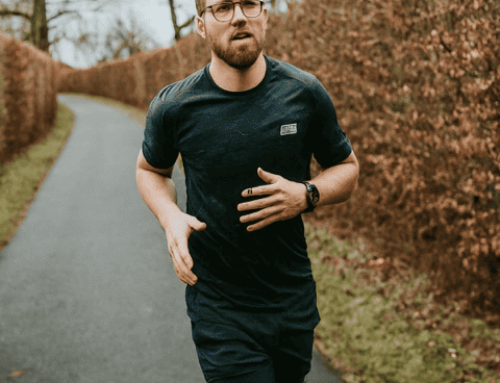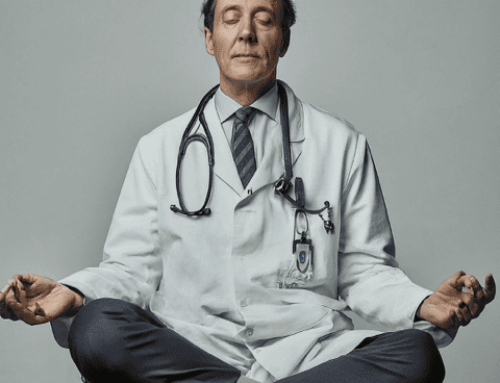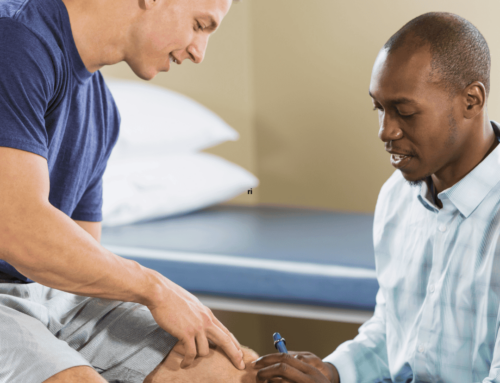I’m Dr. Hassan, a Board-Certified Physiatrist and Independent Practice Owner. I help physiatrists start and grow their own profitable practices so they can achieve financial independence and live without limits.
—
When building a profitable practice, one of the key tools to success is mindfulness. What is mindfulness? Mindfulness is a term that currently gets thrown around a lot, which is often held as some kind of solve-all for every kind of problem under the sun. Mindfulness is part of self-help techniques, part clinical tool, and has lately grown to span countless e-books, courses, and even classes. But what precisely is it and how do you define it?
Mindfulness in explanation
Boiled down to its essence, mindfulness is the observation of one’s own thoughts and emotions. In other words, it means stepping back and simply being aware of what you’re feeling, thinking, and experiencing. This can, in turn, be used to help treat a wide range of different psychological problems, and to generally improve your psychological health. The reason for this is that it brings more attention to the way that we handle various different events and to how our thoughts and emotions normally control us. This allows us to anticipate them, deal with them, and ultimately prevent them.
For instance, someone who deals with social anxiety will likely have a number of ruminations that contribute to their symptoms. These might include worries that they will make a fool of themselves, be laughed at, or will stammer. Many of these thoughts are likely to be inaccurate, but it is only by being aware of them that it’s possible to manipulate, rise above, or suppress them entirely.
Uses of mindfulness
When used to combat such conditions as social anxiety, mindfulness can be seen as a clinical tool. Specifically, it is an important part of CBT or cognitive behavioral therapy. CBT is a psychotherapeutic approach that involves the practice of essentially replacing and reprogramming underlying thoughts, beliefs, and ruminations.
At the same time, mindfulness has long been a part of meditative practices. Here, the goal can also be somewhat different. In this case, the objective is to be more aware of the present moment in terms of the sensations, sounds, and emotions. By practicing this, they can eventually become more present in the moment. They can also become better able to react to what’s going on around them without judgment and without the constant brain chatter that so many of us experience.
Mindfulness is a broad tool to be used in a number of different ways. In almost every scenario though, the true end goal is to be aware of the present moment and to find an inner calm that often eludes us.
I am Dr. Hassan, Board-Certified Physiatrist and Independent Practice Owner. I help physiatrists start and grow their own independent practice so that they can achieve financial independence and live without limits. Please go to businessofrehab.com/guide to pick up the free guide to help you determine the best business entity for your new practice.
__
Mindfulness helps you to stay out of a cycle of discontent. For more tips on how to remove yourself from this cycle, read this blog.
__
Attention, Physiatrists! Stop leaving money on the table. Sign up for the free video series: How To Build A Profitable Practice in 90 Days or Less: http://www.sixtytosuccess.com









